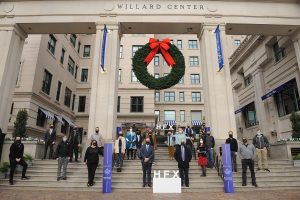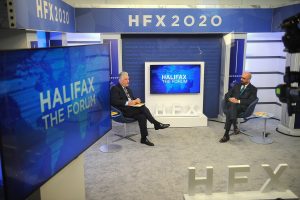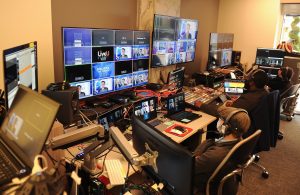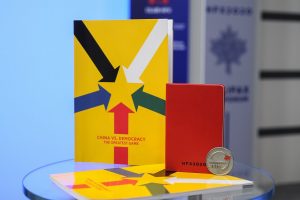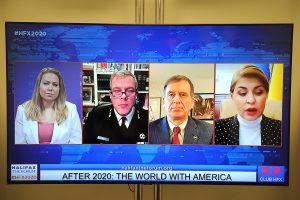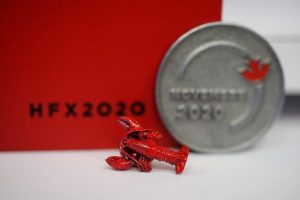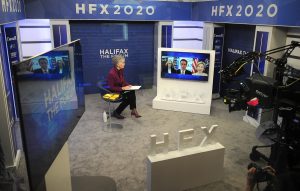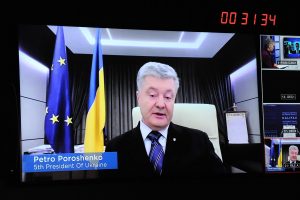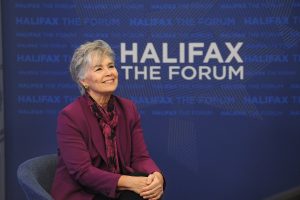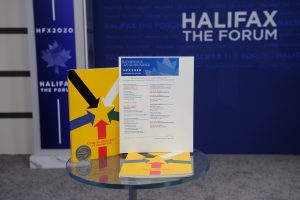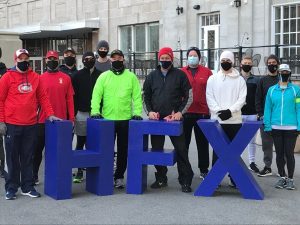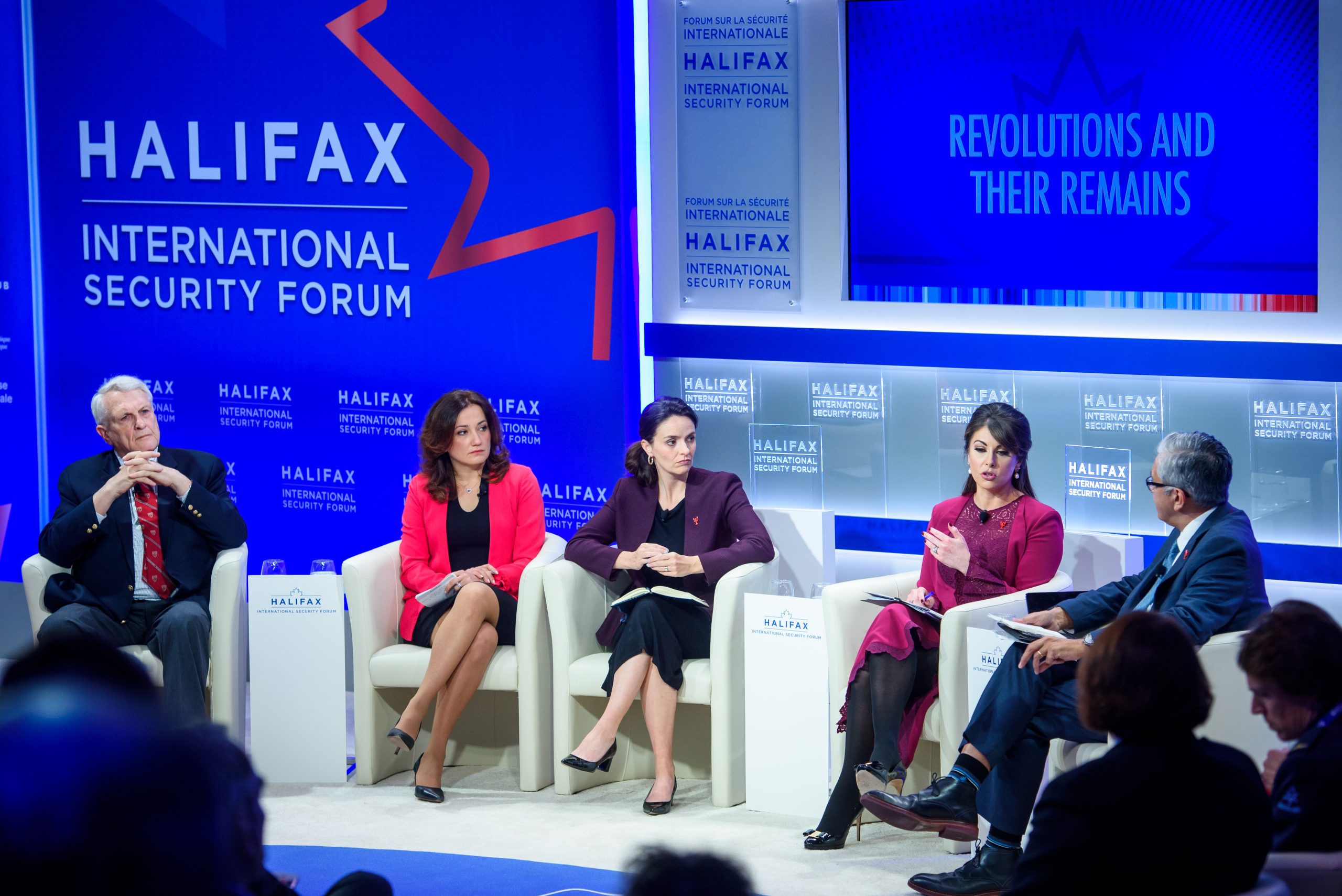
2020 HALIFAX INTERNATIONAL SECURITY FORUM
DATE
November 20-22, 2020
DATE
Hybrid
PARTICIPANTS
300
AGENDA & SPEAKERS
8:00 EST
Informal Sessions via Zoom Off the record
Biden: His Time
- WITH: Jürgen Hardt, Foreign Policy Spokesperson, CDU/CSU Parliamentarian Group; Dov Zakheim, Senior Advisor, Center for Strategic and International Studies, Senior Fellow, CNA Corporation
- HOSTED BY: Luis Rubio, Chairman, Mexican Council on Foreign Relations, Mexico Evalua
Post-Pandemic Precipice
- WITH: Jaushieh Joseph Wu, Minister, Ministry of Foreign Affairs, Taiwan; Kamran Khan, Founder and CEO, BlueDot; Takeshi Akahori, Ambassador, UN Affairs, Cyber Policy, Foreign Policy Bureau
- HOSTED BY: Rachel Kleinfeld, Senior Fellow, Democracy, Conflict, and Governance Program, Carnegie Endowment for International Peace
Racial Justice: When?
- WITH: Bishop Garrison, Co-Founder and President, Rainey Center and Director, National Security Outreach, Human Rights First; Gina Abercrombie-Winstanley, Consultant, Abercrombie-Winstanley Consulting, LLC; Michael Svetlik, Vice President, Programs, International Foundation for Electoral Systems
- HOSTED BY: Heather Hurlburt, Director, New Models of Policy Change, New America
Steal IP: Get Rich Quick
- WITH: Audrey Tang, Minister Without Portfolio, Government of Taiwan; Michael Rogers, CEO, The MSRogers Group LLC; Tolu Ogunlesi, Special Assistant to the President of Nigeria on Digital and New Media, Government of Nigeria; Ulf Gartzke, Managing Partner, Spitzberg Partners LLC
- HOSTED BY: Randy Scheunemann, Senior Counselor, Halifax International Security Forum and Vice Chairman, International Republican Institute
TikTok, Tick Tock: Globalization Times Out
- WITH: Roderich Kiesewetter, Member, Bundestag; Pauline Neville-Jones, Member, Patron, House of Lords, Cyber Security Challenge
- HOSTED BY: Dean Fealk, Managing Partner, DLA Piper
Worthless Advice: The End Of Experts
- WITH: Rocky Meade, Chief of Defense, Jamaica; Darrell Bricker, CEO, IPSOS Public Affairs
- HOSTED BY: Ian Brodie, Associate Professor, Fellow, University of Calgary; Canadian Global Affairs Institute
10:00 EST
Plenary 7: 75 Years On: Re-Making The Democratic World Order On the record
Speakers
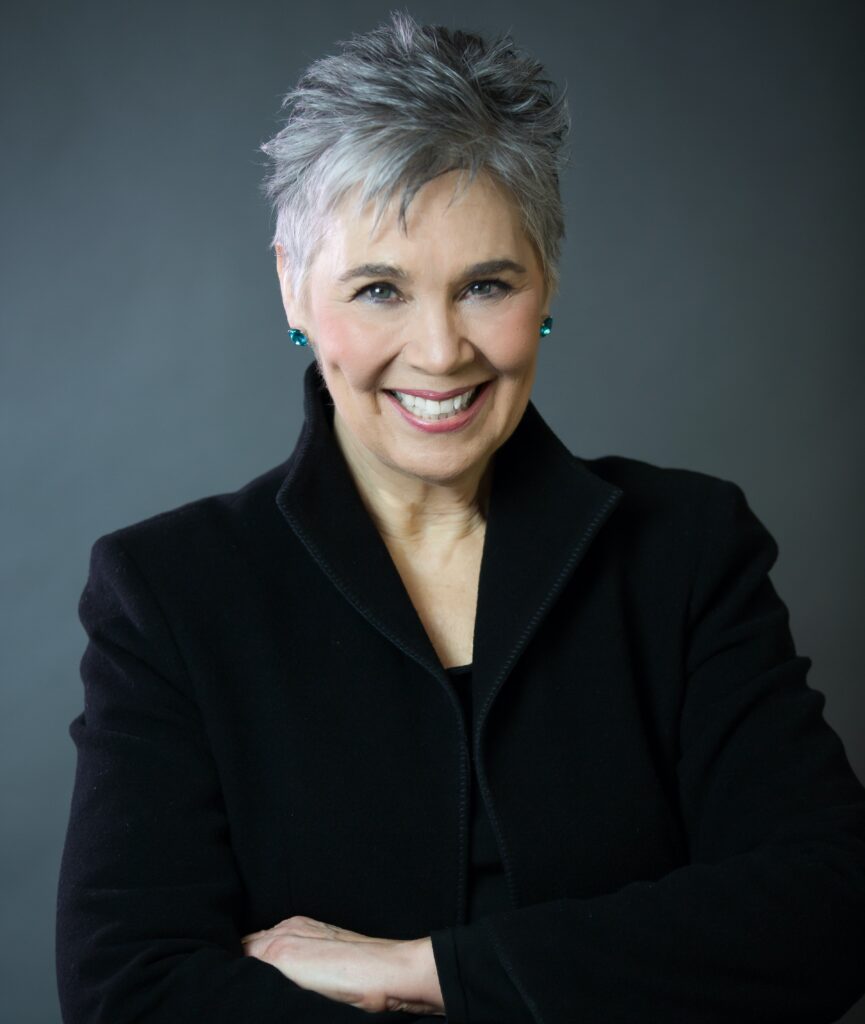
Moderator Jeanne Meserve
Security Analyst, Canada's CTV News, Member, Homeland Security Experts Group, and Member, Transatlantic Commission on Election Integrity
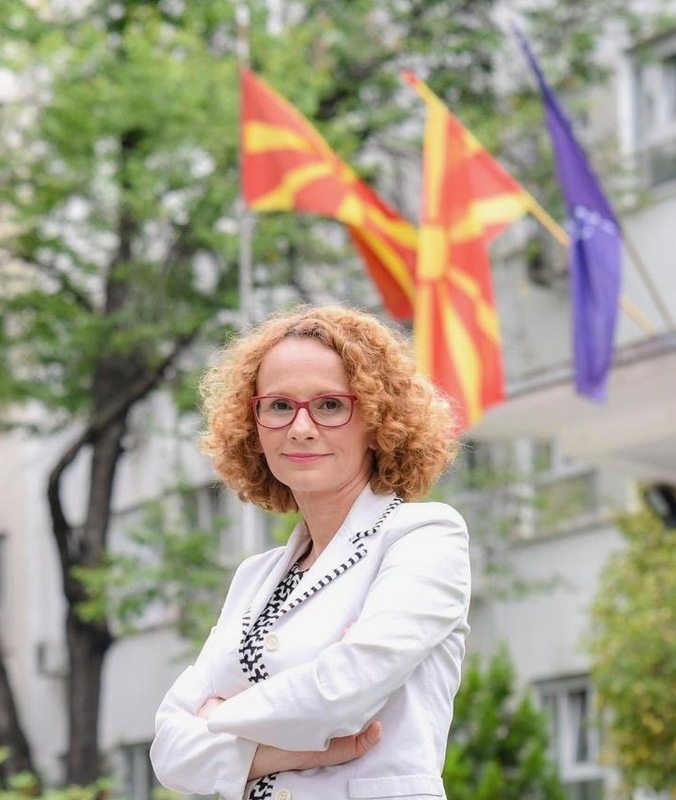
Radmila Shekerinska
Minister of Defence, North Macedonia
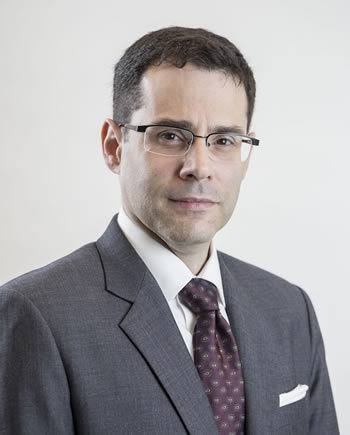
Michael Auslin
Payson J. Treat Distinguished Research Fellow in Contemporary Asia, Hoover Institute, Stanford University
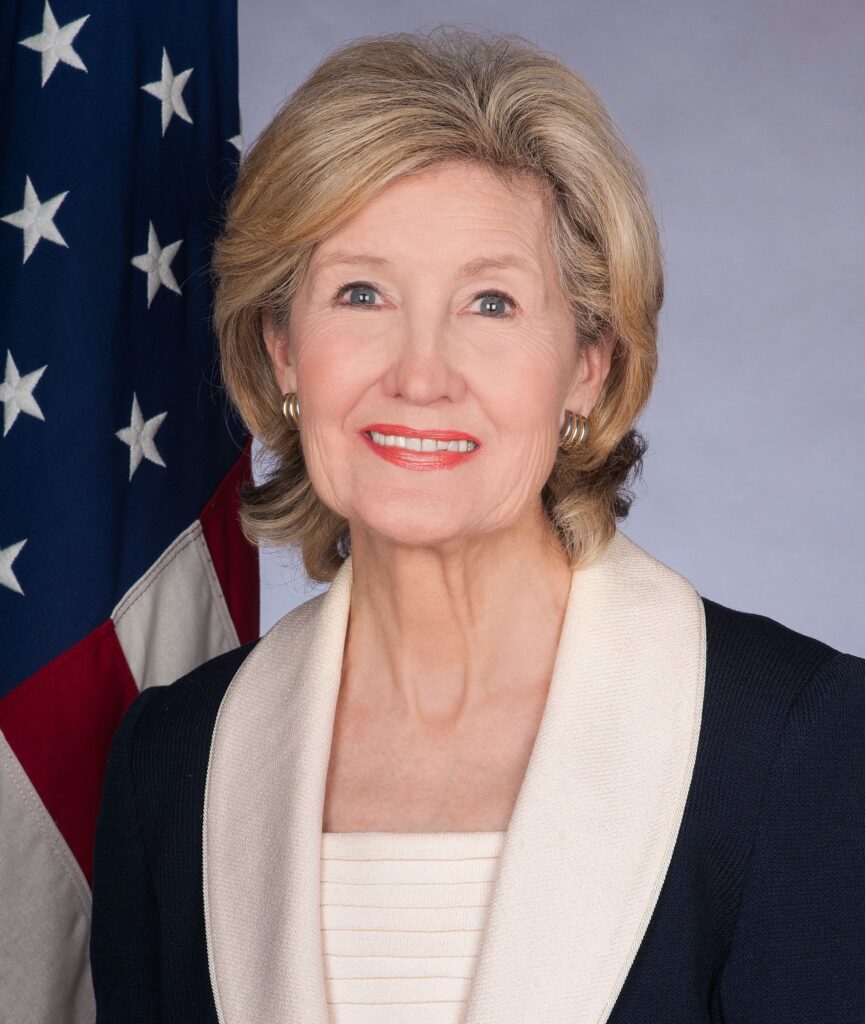
Kay Bailey Hutchinson
United States Permanent Representative, United States Mission to NATO
Seventy-five years after the end of the Second World War, what is the role of NATO in the 21st century? Does it still have an important place on the world stage? Our panelists think so. North Macedonian Minister of Defense Radmila Shekerinska stated there is value in sharing an alliance, even with countries you are sometimes in disagreement with. U.S. Ambassador to NATO Kay Bailey Hutchinson believes that the very power of NATO lies in the ability of democratic countries to work together and support one another. There is value in using dialogue to overcome fundamental differences, General Rajmund Andrzejczak added, and NATO provides a vital forum for multilateralism amongst democratic countries.
But there are cracks in the alliance, and Michael Auslin believes that China sees an opportunity because of it. Secretary General Jens Stoltenburg stated emphatically that NATO, as a regional alliance, needs a more global approach to global challenges like space, cybersecurity and space. In the face of Russian aggression, former President of Ukraine Petro Poroshenko felt there needs to be a higher price to pay for threatening behaviour on the world stage.
The NATO alliance has been shaken in recent years and will continue to be tested in an uncertain world. NATO allies must remain committed to the hard work of complex dialogue if the alliance is to live up to its full potential.
“We act by consensus, which means that there is a lot of give and take to maintain unity.”
— Ambassador Kay Bailey Hutchinson, United States Permanent Representative to NATO
“China is not an enemy, but the rise of China has implications for NATO and NATO members. There are both opportunities and challenges.”
— Jens Stoltenberg, Secretary General of NATO
“Russia is a source of instability and danger. The price of aggression should increase every year.”
— Petro Poroshenko, 5th President of Ukraine
“We need a stable region, we need prosperity, we need cooperation for our people, and this can be achieved by working with NATO.”
— Radmila Shekerinska, Minister of Defence of the Republic of North Macedonia
“With such fundamental differences, we need more discussion to understand each other.”
— General Rajmund Andrzejczak, Chief of the General Staff of the Polish Armed Forces.
“The China report lays out very clearly in economic, political, and security terms the ways that Beijing has abused the open international system that we invited them into in order to get unfair advantage.”
— Michael Auslin, Payson J. Treat Distinguished Research Fellow in Contemporary Asia at the Hoover Institution, Stanford University
11:00 EST
Plenary 8: After 2020: The World With America On the record
Speakers
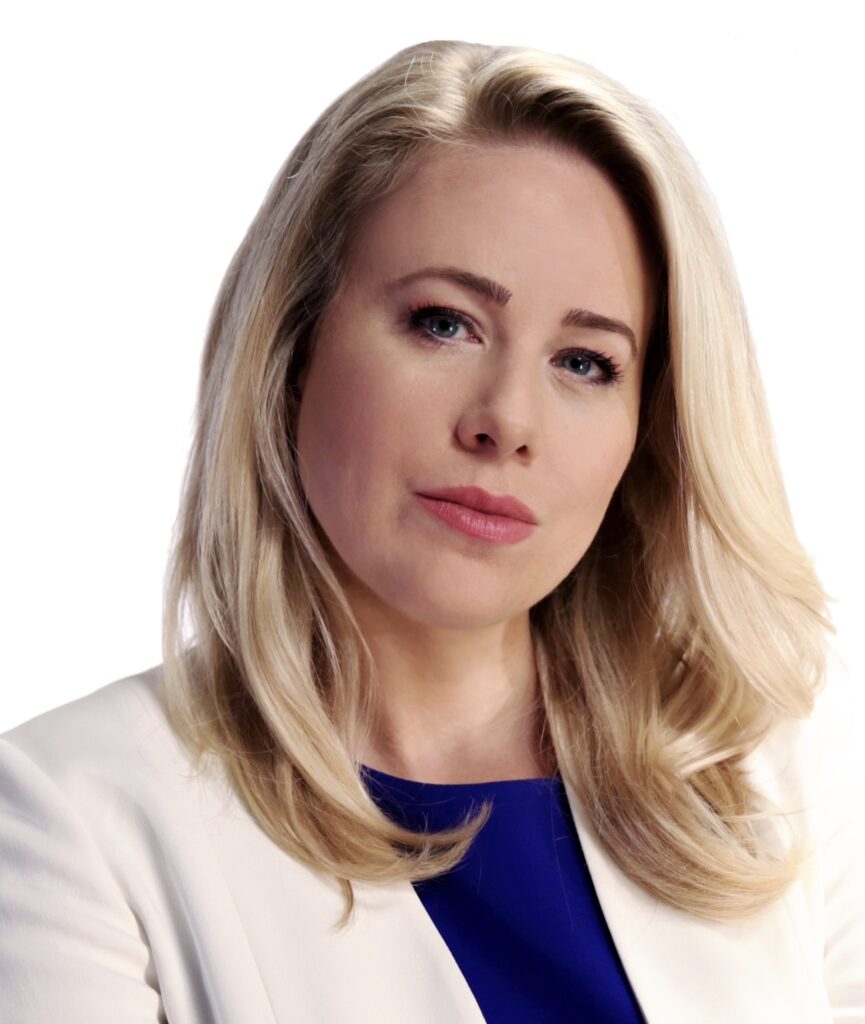
Moderator Mercedes Stephenson
Host, The West Block, Global News
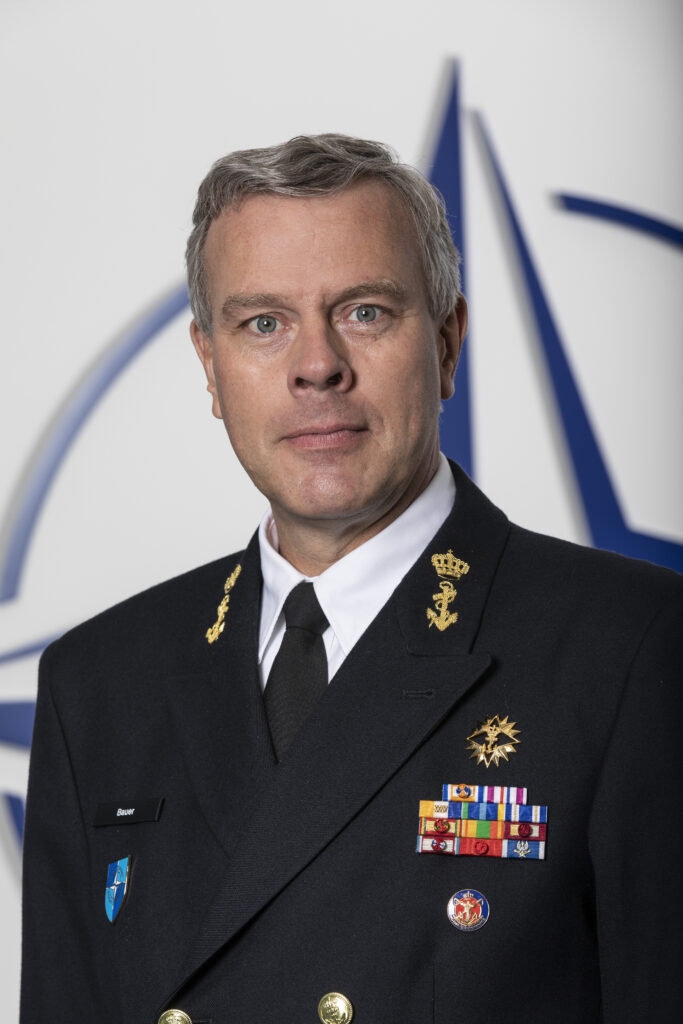
Rob Bauer
Chief of Defence, Netherlands Armed Forces
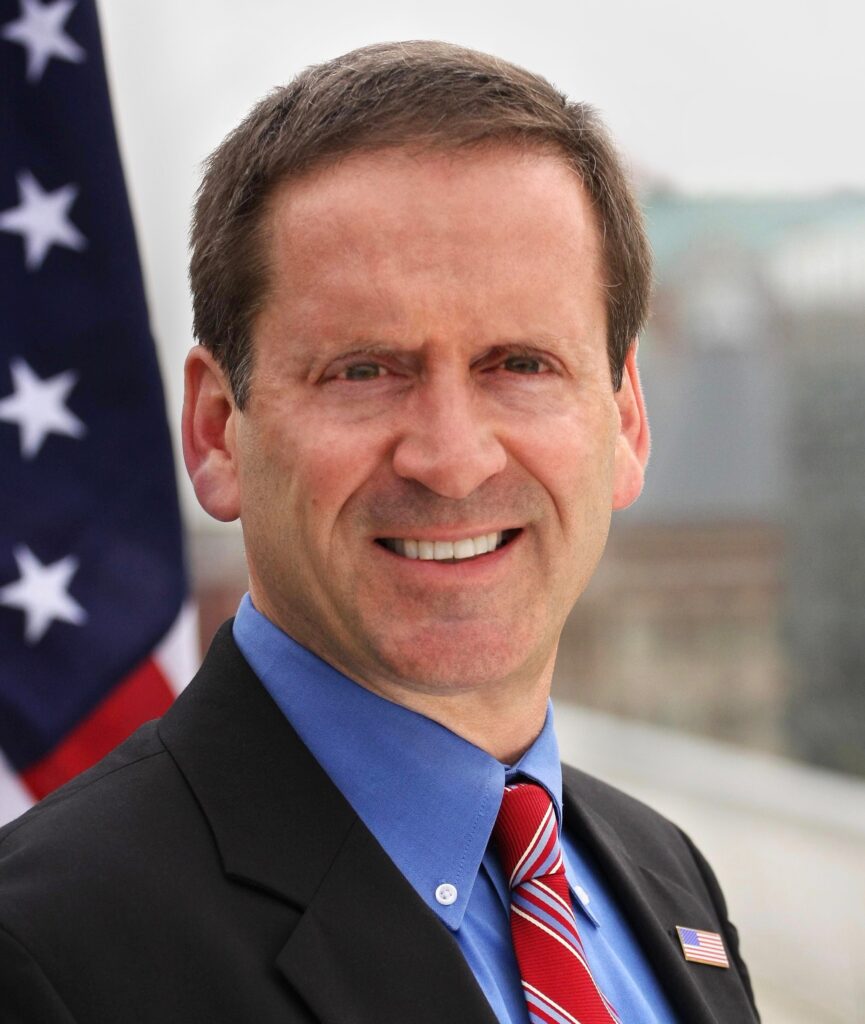
Mark Green
Executive Director, The McCain Institute for International Leadership
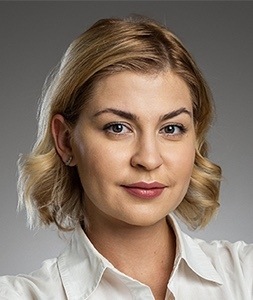
Olha Stefanishyna
Deputy Prime Minister, Ukraine
After four years of “America First” under President Trump, will the Biden administration be able to restore American leadership in the world? How can America and its allies work to uphold the rules-based international order during these turbulent times? Deputy Prime Minister of Ukraine Olha Stefanishyna believes that the Biden administration will be most effective in support of the trans-atlantic Alliance. Gen (Ret.) John Allen expects the new President-elect to articulate a strong commitment to international human rights.
Meanwhile, Admiral Rob Bauer hopes the Biden administration understands the power of strong alliances and the importance of ensuring predictability on the world stage. Mark Green and Senator Tim Kaine think that the U.S. will recommit to alliances moving forward in order to address global challenges, including from climate change to great power tensions. Turkish Minister of Defense Hulusi Akar represents a country that hopes to benefit from a return to stable dialogue and international engagement.
While Joe Biden’s move to the White House may restore hope to many American allies, he will confront a tense global security environment and numerous questions about his country’s role in the world. Biden will have to work hard to re-establish America’s place in international diplomacy and to re-assert leadership on the world stage.
“The big challenges of the 21st century, like climate change, mass migration, and COVID-19 know no borders.”
— Senator Tim Kaine, Senator from Virginia, United States Senate
“The Trump administration has been a rude awakening. Moving forward we should make sure we can stand on our own two feet.”
— Admiral Rob Bauer, Chief of Defence, Netherlands Armed Forces
“I remain optimistic because of the strength of the NATO alliance and the resolve of those gathered here today.”
— Mark Green, Executive Director, McCain Institute for International Leadership
“Let’s not forget that we have worked closely together, shoulder to shoulder with our allies.”
— Hulusi Akar, Minister of Defense, Republic of Turkey
“Ukraine has the primary interest in fighting against Russian aggression on a daily basis and standing up for democracy.”
— Olha Stefanishyna, Deputy Prime Minister, Ukraine
“Over the last four years, the US has walked away from many of its traditional leadership roles in the world.”
— John Allen, President, The Brookings Institution
Featured Speakers On the record
Speakers
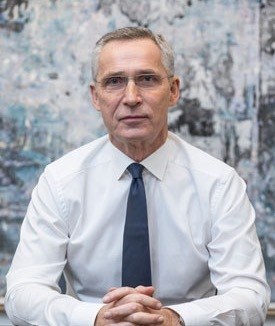
Jens Stoltenberg
Secretary General, North Atlantic Treaty Organization
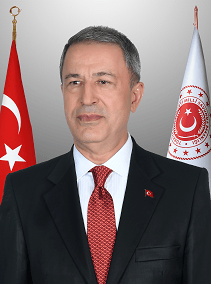
Hulusi Akar
Minister of National Defense, Ministry of National Defense
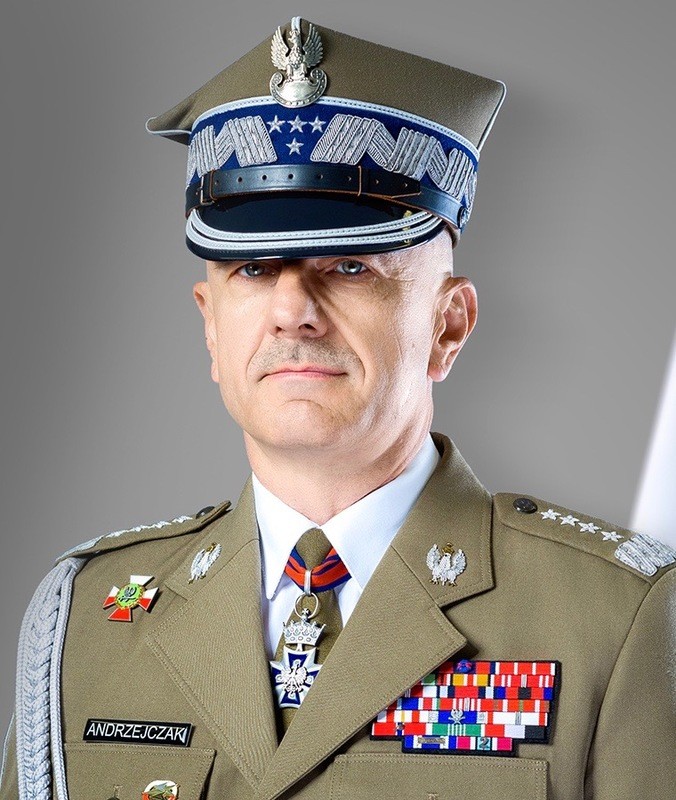
Rajmund Andrzejczak
Chief of the General Staff, Polish Armed Forces
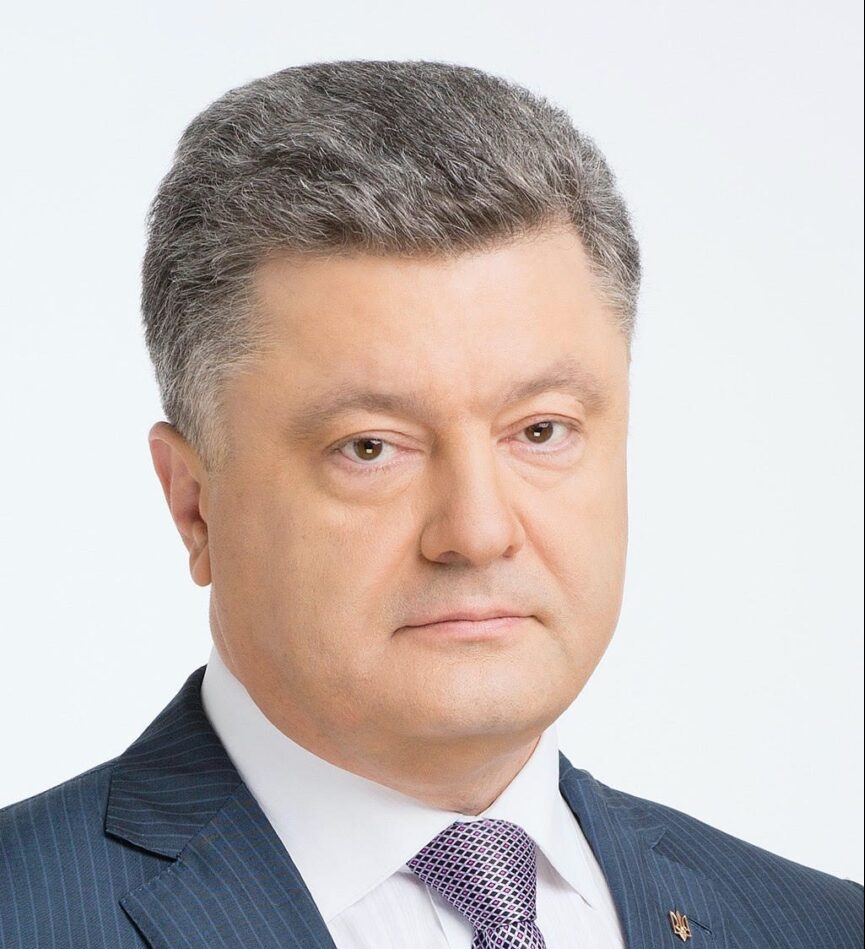
Petro Poroshenko
5th President, Government of Ukraine
Clippings
“I see clearly that China is a peer competitor. And we have to be able at the same time, to cooperate with China in those areas where it’s essential,” Coons said in an interview before speaking at the Halifax International Security Forum. “There’s a whole series of areas where the world is only going to get safer and more stable if the United States and China cooperate, but our main focus has to be competing with China,” he said.
Senator Chris Coons joined Mercedes Stephenson and The West Block during the Halifax International Security Forum to discuss foreign policy, Canada-US relations, and the priorities for incoming President Joe Biden.
There’s been a deluge of China analysis this week. A report from the Halifax International Security Forum, which convenes Nov. 20 to 22, entitled “China vs. Democracy,” is the best of the bunch. The Forum team led by Peter Van Praagh does not mince words: They argue that China is on a trajectory to deliver “an even more complete form of totalitarianism than Stalin could have dreamed of,” and that Chinese companies must now be treated as guilty until proven innocent when it comes to their links to the Chinese state. Other reports from the State Department and the Senate Foreign Relations Committee Republican majority agree that the U.S., EU and other democracies cannot cut China off — too many of the solutions to global challenges depend on China’s participation — yet individual democracies will fail to outmaneuver China by operating alone.
Raymond said the Space Force plays a key role in deterring aggressive actions from adversaries in space, including China which is making strides in its space-based capabilities, he noted during the Halifax International Security Forum, which is being hosted both in person in Halifax, Nova Scotia, and virtually due to the ongoing COVID-19 pandemic.
President Recep Tayyip Erdogan said Saturday that Turkey has maintained robust relations with the West without ignoring the East. “We cannot afford to turn our back on either the East or the West. While developing our relations with Europe, we never ignore Asia and Africa,” Erdogan said, attending an event organized by the Washington-based Halifax International Security Forum via video link. “It is not only wrong but also impossible to confine Turkey, which is geographically an African-Eurasian country within a narrow framework concerning diplomacy,” Erdogan added, according to a statement from the Turkish Presidency.
Founded 12 years ago, the forum is an opportunity to network and build relationships, its founder says. “Our mission as an organization is to enhance strategic cooperation among the world’s democracies,” Peter Van Praagh, the forum’s founder and president, told VOA. Van Praagh says the forum brings together leaders “to really tackle the world’s toughest challenges.” Some participants said the forum was a success this year despite the obstacles posed by the pandemic.

